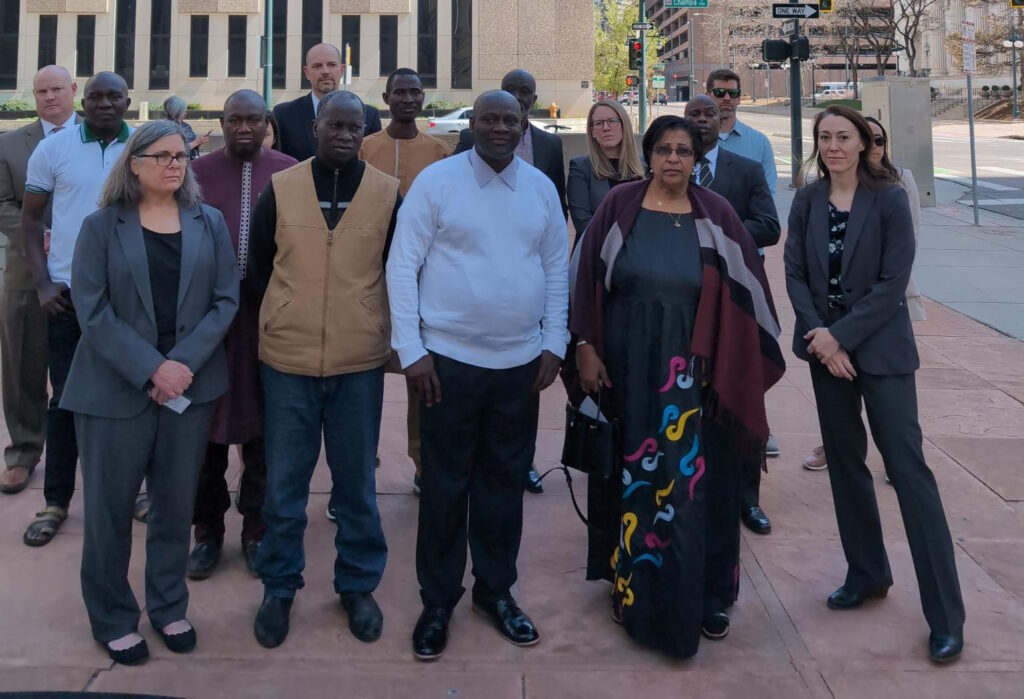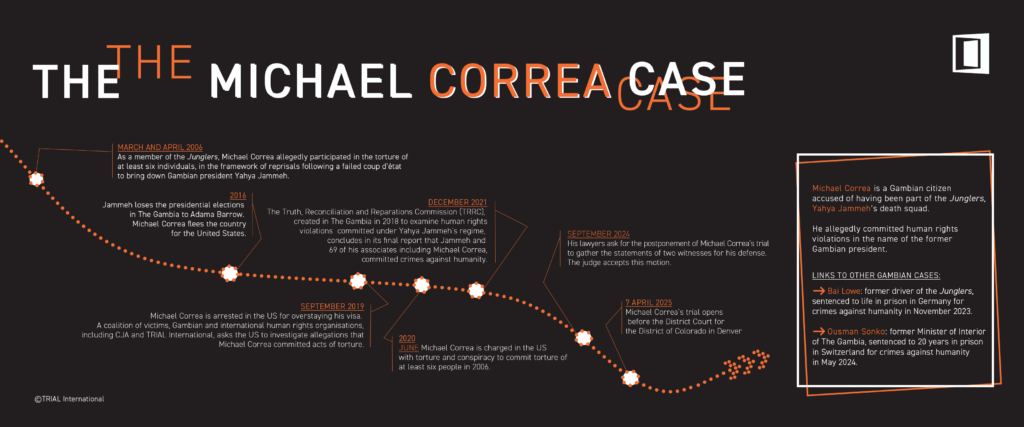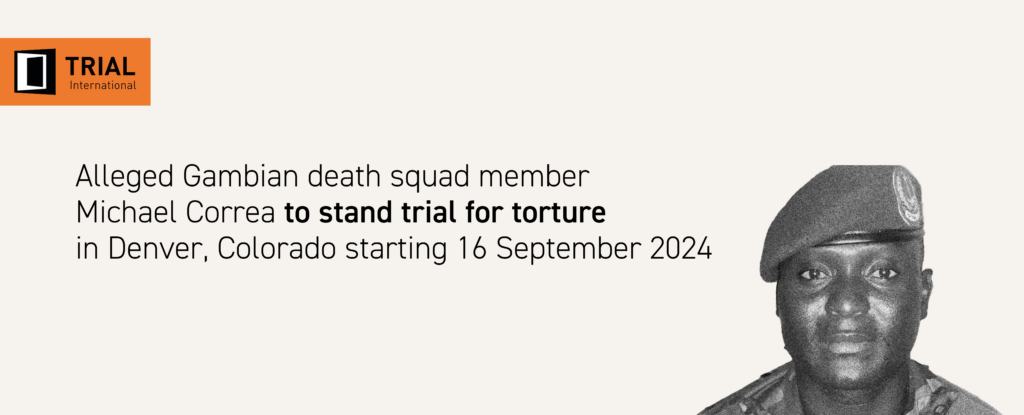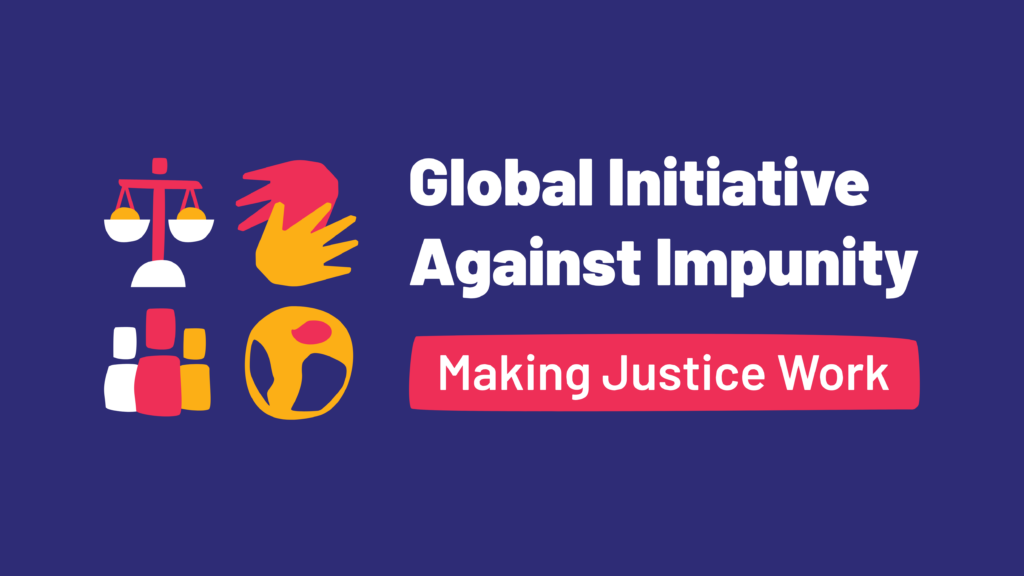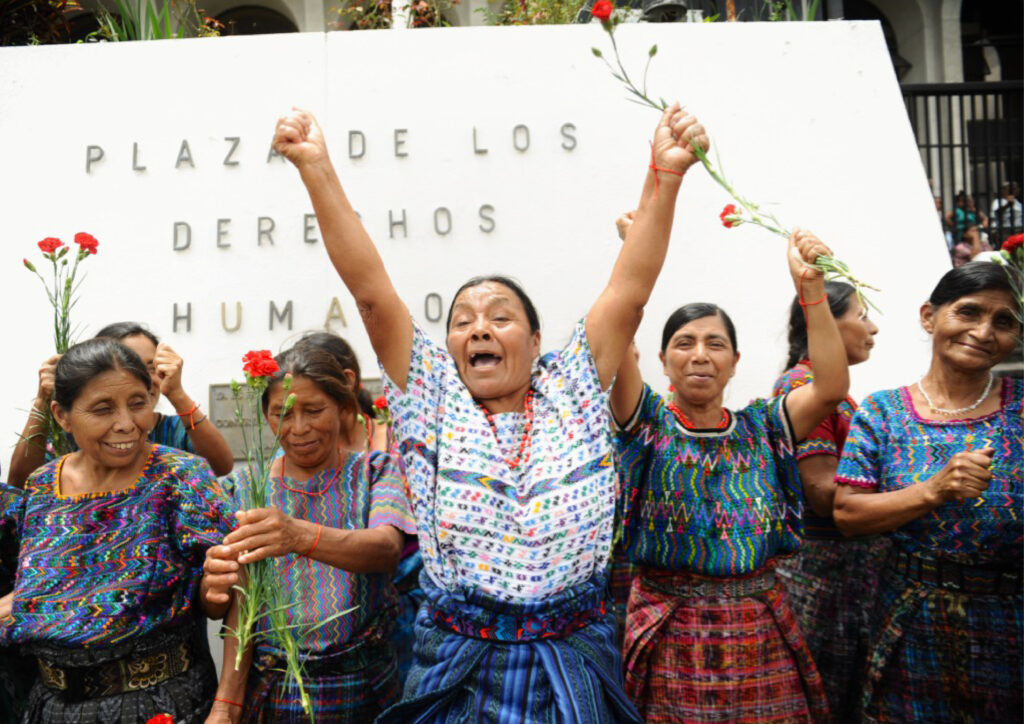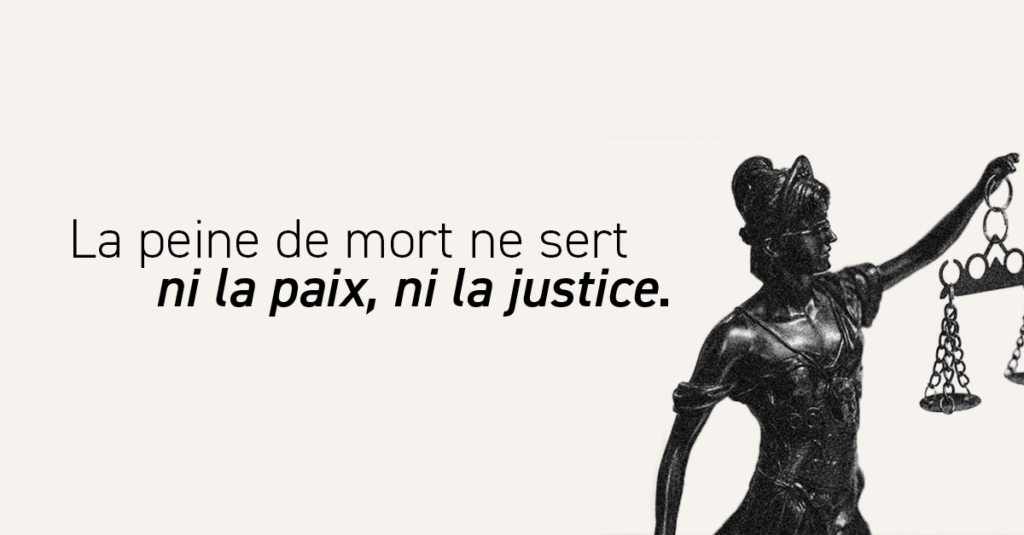Enforced disappearance, torture and alleged arbitrary execution of Mr. Gyanendra Tripathi in September 2003
The Case
In September 2011, TRIAL submitted an individual communication to the United Nations Human Rights Committee regarding the arbitrary deprivation of liberty, subsequent enforced disappearance, torture and alleged arbitrary execution of Mr. Gyanendra Tripathi in September 2003.
Mr. Tripathi was a Central Committee member of the All Nepal National Independent Student Union-(Revolutionary) (ANNISU-R), the student wing of the Communist Party of Nepal – Maoist (CPN-M). The ANNISU-R had been declared an illegal organisation by the Government in 2002. Following the breakdown of the second ceasefire in August 2003, the Royal Nepalese Army (RNA) began to systematically arrest and detain known CPN-M/ ANNISU-R sympathisers in the Kathmandu Valley.
On 2 August 2003, Mr. Tripathi was arrested for the first time for 34 days by members of the RNA and the Police before being released without charge. He spent several days incommunicado and was blindfolded and beaten severely with metal pipes for the duration of his detention.
Following his release, fearing for his own safety and that of his family, Mr. Tripathi left the accommodation he was sharing with his wife and baby and went underground, however maintaining daily contact with his family. On 26 September 2003 at 11:00 a.m., Mr. Tripathi left his lodgings to meet another alleged CPN-M member and never returned. He was seen for the last time by former prisoner, Mr. Krishna K.C. in poor physical conditions and with visible signs of torture at the Maharajgunj barracks run by the RNA. According to a submission to the OHCHR by Mr. K.C., on 20 December 2003, Mr. Tripathi was taken from his cell by State agents and arbitrarily executed.
Between 2003 and 2004 the Maharajgunj became notorious. In May 2006, the UN Office of the High Commissioner for Human Rights (OHCHR) published a report after an investigation of the Maharajgunj RNA barracks in Kathmandu. These barracks played the primary role in the arrest, illegal detention, torture, extrajudicial killing and disappearance of hundreds of people suspected of affiliation with the Maoists.
In spite of scant information on the moment of the arrest, detention and enforced disappearance of Mr. Tripathi, numerous and concurrent elements allow concluding that he was indeed abducted by State agents, subsequently detained at the Maharajgunj, RNA barracks and arbitrarily executed.
On 28 September 2003, Mrs. Tripathi reported her husband’s arrest to the District Police Office in Hanumandhoka, Kathmandu. She was told by the officer in charge at that moment that such incidents were not the responsibility of the police and was sent away. Between 2003 and 2006, Mrs. Tripathi went to several RNA barracks in search of her husband but the officers would simply ignore her.
On 29 September and 1 October 2003, Mrs. Tripathi and her legal counsel filed two habeas corpus writs on behalf of Mr. Tripathi before the Supreme Court. However, all respondents denied their involvement in Mr. Tripathi’s arrest and denied having him in their custody. The Supreme Court quashed the writs arguing that the petitioners had failed to provide enough information regarding the condition of the detained or in whose custody he was.
In September 2011, TRIAL submitted an individual communication to the United Nations Human Rights Committee asking it to recognise that Nepal violated numerous articles of the International Covenant on Civil and Political Rights due to Mr. Tripathi’s arbitrary deprivation of liberty, enforced disappearance, torture, and alleged arbitrary execution, and to the severe mental anguish brought about to his family. TRIAL also asked the Committee to request Nepal to inter alia: disclose the fate and whereabouts of Mr. Tripathi and in the event of his death, to locate, exhume, identify, respect and return to his family his mortal remains;
- bring Mr. Tripathi’s perpetrators before the competent ordinary authorities for criminal prosecution, judgment and sanction;
- ensure that Mrs. Tripathi obtains integral reparation and prompt, fair and adequate compensation covering both material and moral damages.
General context
In February 1996 the CPN-M overtly declared war against the official governmental authorities of Nepal, which at the time was ruled in the form of a constitutional monarchy.
The conflict rapidly spread all over the country. In 2001, when violence truly escalated into a civil war, a state of emergency was declared. The state of emergency allowed the State to increase its repression against persons who were suspected of helping the Maoist insurgents and to derogate from fundamental rights and liberties. The recourse to enforced disappearances, torture, summary executions and arbitrary detentions by State agents and Maoists was generalized during this period. Arbitrary detention and torture were used years after the end of the state of emergency against all those suspected of affiliation with the Maoists. It is within this context that Mr. Tripathi, a high-ranking member of the CPN-M was arbitrarily arrested, forcibly disappeared, tortured and allegedly arbitrarily executed.
The Decision
On 28 October 2014, the UN Human Rights Committee adopted its decision on the case of Mr. Gyanendra Tripathi. The Committee found Nepal responsible for violating several provisions of the International Covenant on Civil and Political Rights, including the right to life, to personal liberty, to recognition before the law and the prohibition of torture. Nepal was condemned for failing to conduct an investigation into the crimes in order to identify those responsible and to prosecute, judge and sanction them. The State was also held responsible for failing to locate, exhume and identify the remains of Mr. Tripathi. Moreover, the Committee declared that Nepal subjected the wife and the daughter of Mr. Tripathi to inhumane treatment by showing indifference to their suffering.
The Committee requested Nepal to:
- Conduct an investigation into the enforced disappearance of Mr. Gyanendra Tripathi and prosecute, try and punish those responsible
- Release Mr. Tripathi in case he is still alive and, in the event of his death, hand over his remains to his family
- Ensure that the daughter and wife of the victim receive adequate compensation, psychological rehabilitation and medical treatment
- Adopt appropriate measures of reparation, including restoration of the dignity and reputation of the victim and his relatives
- Amend the existing legal framework to codify the crimes of enforced disappearance and torture
- Translate into Nepalese and publish the Committee’s decision.
Nepal now has 180 days to inform the Committee of the measures taken to implement the decision.

